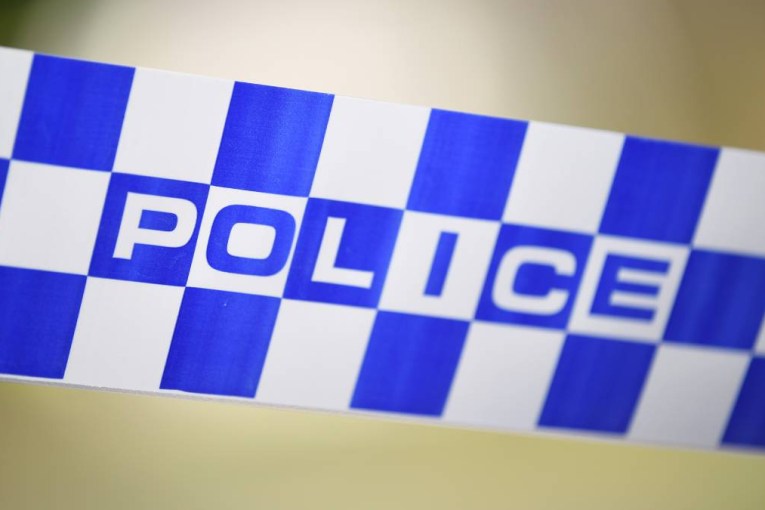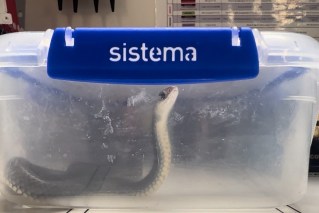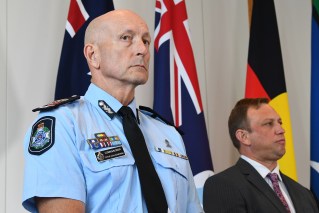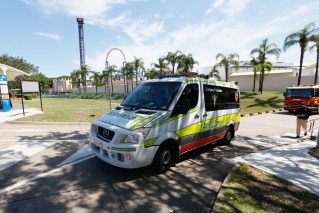Family of woman left with brain injuries after asthma treatment loses $3m High Court case
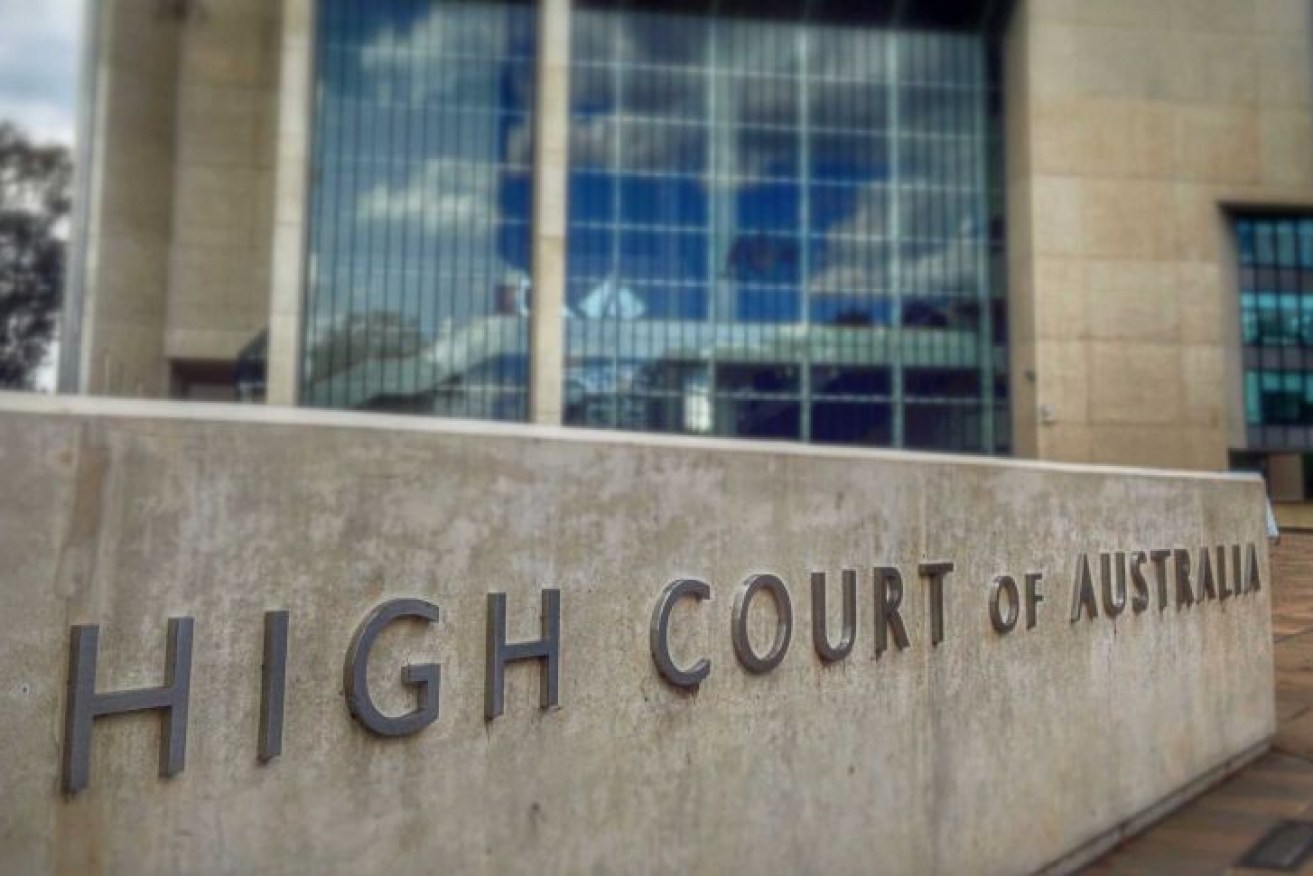
The legal challenge on restrictions to detainees' freedoms will go to the High Court. Photo: ABC News
The family of a woman, left brain dead after paramedics treated her for a severe asthma attack, has lost a High Court battle against the Queensland government in a $3 million negligence case.
Jennifer Leanne Masson, 25, arrived at a friend’s house in Brinsmead, Cairns, on the night of July 21, 2002, when she had an asthma attack and collapsed on the front lawn.
Two ambulance crews arrived six minutes later with intensive care paramedic Clinton Peters, who administered Ms Masson with an intravenous salbutamol in an attempt to open up her airways before she was transferred to Cairns Base Hospital.
Ms Masson suffered severe, irreversible brain damage from oxygen deprivation.
She lived in a vegetative state, being cared for by her parents, until she died in 2016.
Ms Masson’s estate sued the state of Queensland, as the provider of the Queensland Ambulance Service, alleging Mr Peters acted contrary to the instructions of the QAS Clinical Practice Manual (CPM).
It was alleged that “the state bore direct liability for the failure to administer adrenaline to Ms Masson earlier”.
The trial heard Mr Peters decided against using adrenaline because Ms Masson had a high heart rate and high blood pressure and that a body of medical opinion “supported use of salbutamol to adrenaline as initial treatment”.
The Supreme Court initially dismissed the Masson estate’s claim, but in 2019 the Court of Appeal overturned the decision and awarded the Masson estate $3.17 million.
The Court of Appeal found Mr Peters “departed from the guidance of the CPM by failing to consider the use of adrenaline and was negligent in not administering adrenaline to Ms Masson at the outset”.
In November 2019, the Queensland government was granted special leave to appeal, and the High Court ordered the original court findings be restored.
Today the case returned to court yet again for the subsequent appeal’s findings to be handed down.
In its judgement, the High Court found that the “trial judge was correct to hold that the administration of IV salbutamol to Ms Masson in all the circumstances was within the range of reasonable clinical judgements that an ordinary skilled intensive care paramedic might make”.
“Contrary to the Court of Appeal’s analysis, there was ample evidence to support the trial judge’s finding that, in 2002, a responsible body of opinion within the medical profession favoured the administration of IV salbutamol in the initial stage of treatment for a patient in Ms Masson’s overall condition, with her high heart rate and high blood pressure.”
The High Court noted that intensive care paramedics cannot be expected to make professional judgements on the same level of a medical specialist.
“The guidance in the CPM is posited upon the assumption that ambulance officers will exercise clinical judgement and that officers may depart from its guidelines where the departure is justified and in the best interests of the patient,” the High Court judgement said.
The High Court ordered the Masson estate pay the government’s court costs.
–ABC
